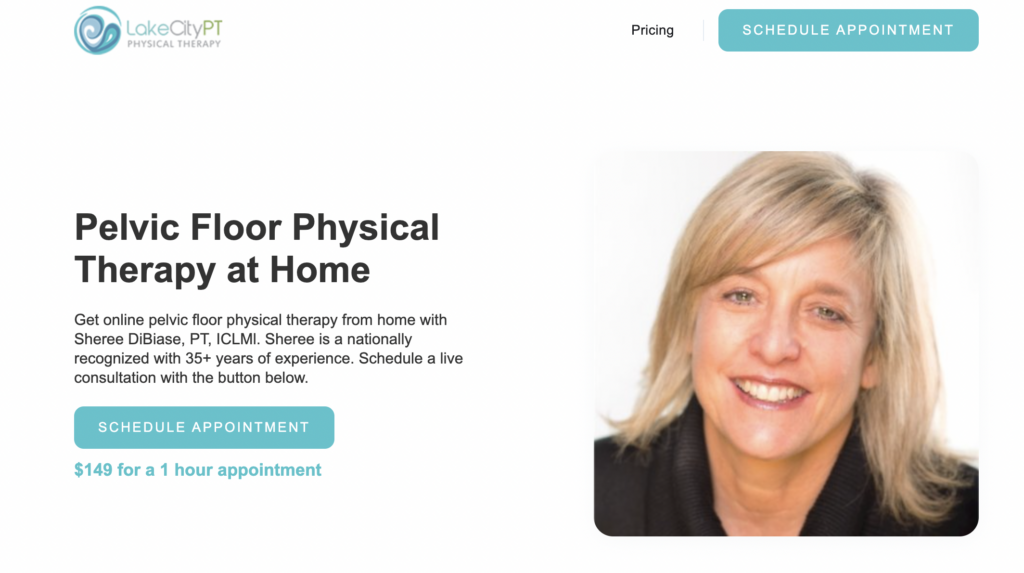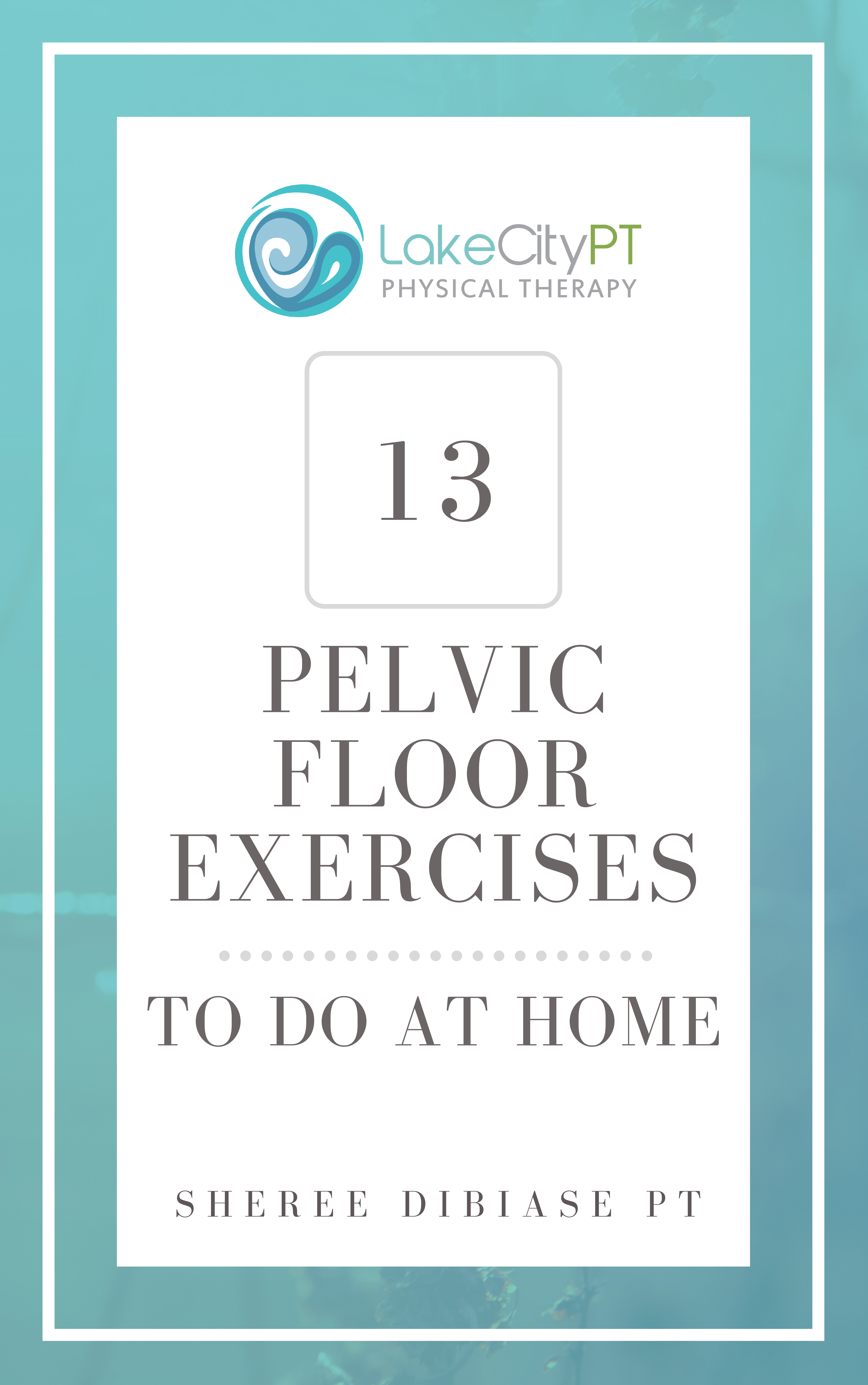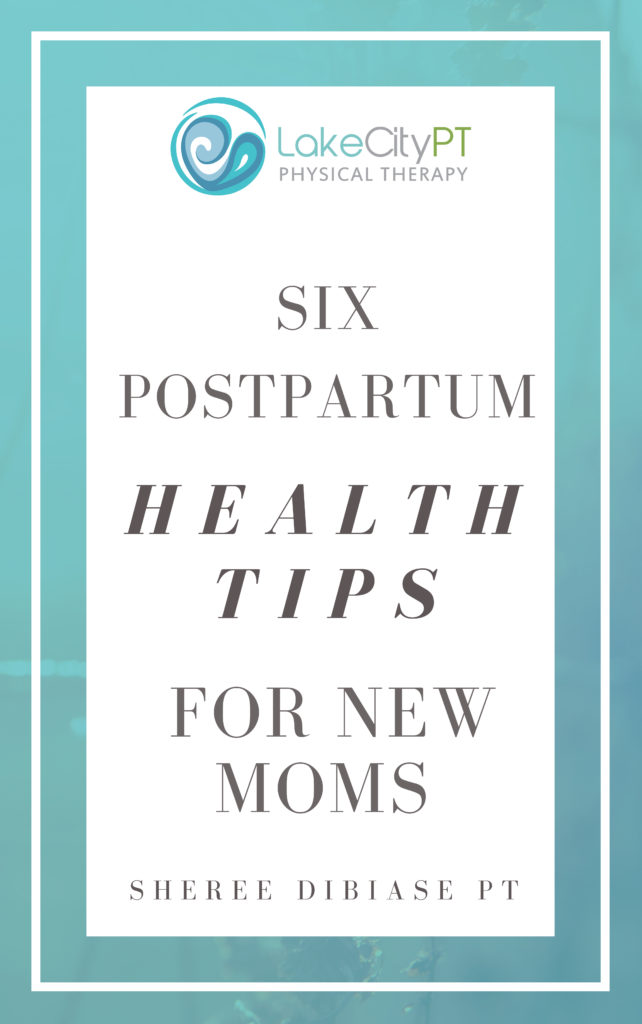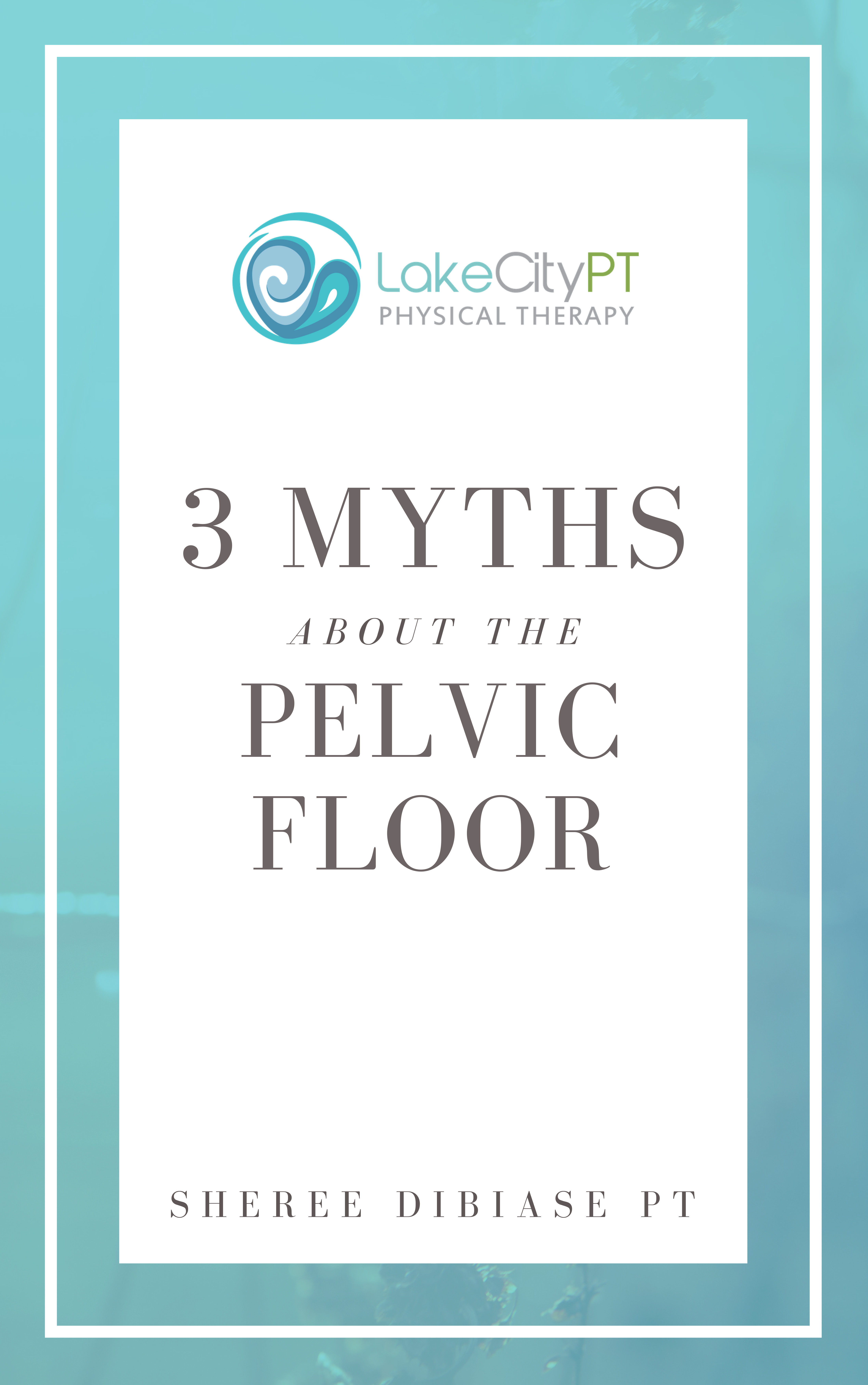Pelvic Pain After Orgasm
Orgasms are supposed to be pleasurable, right? Yes, but that’s not always the case. Many women are being affected by intense cramping or painful orgasms after sex, also known as dysorgasmia. According to a report, 20% of women are experiencing problems with orgasms, and these issues are not just limited to painful orgasms. Some may also experience reduced sensations, infrequent orgasms, or never have an orgasm. So, let’s learn more about the causes of female dysorgasmia and how to relieve the triggered symptoms.
Related Articles
Online Pelvic Floor Physical Therapy
Get pelvic floor physical therapy from home. Our online pelvic floor physical therapy can help with incontinence, constipation, painful intercourse and more.
Schedule a live video call consultation with the button below.
What Is Dysorgasmia?
Dysorgasmia is a condition that causes pain in your pelvic or abdomen area during or right before you reach a climax. Women may experience abnormal cramps similar to period cramps after sex, which usually last for a couple of hours. So, if you notice any underlying or strange symptoms of pelvic pain or cramping, it’s best to consult your doctor and seek help. Because sex is supposed to make you feel good, not painful.
Even though dysorgasmia might feel like period cramping, the symptoms vary largely from one woman to another. Some women might feel cramps during sex, while others after a climax. Dysorgasmia can be caused by several underlying issues, like bladder or uterus disorders or the consumption of certain medications like antidepressants. It causes pelvic muscles to start contracting and cramping anywhere in your back, lower abdomen, or vagina.
What Are The Causes Of Dysorgasmia?
Climaxing contracts the muscles in your uterus, and like any other body muscle, you will experience some discomfort after a workout. However, in some cases, painful orgasm can be a sign of underlying gynaecological conditions like uterine fibroids, an ovarian cyst, endometriosis, or PID (pelvic inflammatory disease). So, here are some potential reasons that may justify the cause of dysorgasmia.
The Cervix Gets Touched During Intense Sex
The cervix is a sensitive body part, and if it gets touched during intense sex (that may involve deep penetration), the surrounding pelvic muscles will start contracting and cramping. In addition, some people have tipped or tilted uteruses, which is described as the position of the uterus with regard to the vaginal canals.
These placements of the uterus make it easier for a thrust hand, toy, or penis to touch the cervix. Fortunately, there are plenty of sex positions you can try that don’t touch or hit your cervix.
Muscle Cramps
Most of you might think pelvic cramps are associated with periods, but you can also experience cramps after climaxing. Achieving an orgasm causes your vagina and pelvic floor to contract, which results in making you feel great. However, since your pelvic muscles are working hard, you may end up experiencing some cramps after the climax.
These cramps might take a couple of hours to go away. If your painful orgasms are caused by a series of muscle cramps, the good thing is that you know how to deal with them and soothe your pelvic region, much like you handle period cramps. You can also consider pelvic physical therapy to mitigate the pain and treat your pelvic floor dysfunction.
Uterine Fibroids
Uterine fibroids are among the most common reasons why people experience cramps immediately after or during sex. People may develop these non-cancerous tumors in their uterus, which results in pelvic discomfort after intercourse. You may also experience spotting or heavy bleeding during your periods.
So, if you experience pain after sex or any of the symptoms associated with pelvic pain, consult with your doctor and seek professional help. Even though uterine fibroids are not a life-threatening disease, surgeons may remove them if you experience too many cramps or pain.
PID (Pelvic Inflammatory Disease)
PID, or pelvic inflammatory disease, refers to inflammation that occurs all around your pelvic muscles. This condition is often developed due to gonorrhea or chlamydia infection, two common STIs. However, all types of bacterial infections can cause PID in the pelvic area.
Some people experience pelvic pain during intercourse because everything is inflamed and sensitive. On the contrary, other people don’t experience any mild symptoms. If you realize that you have PID, you can treat the bacterial infection by removing or treating the root cause. Talk to your doctor and seek professional help.
Ovarian Cysts
Another main reason for post-climax pain is ovarian cysts. Some women might have one or more cysts developing on their ovaries. These tiny sacs of fluid are formed during ovulation, which a woman might experience quite some time during her life without having any trouble. Most often, cysts can go away without any treatment. But in some cases, they might rupture and cause a lot of pain in your pelvic muscles.
People can experience painful orgasms, especially when they have cysts on their ovaries. These cysts can rupture during sex, causing pain and cramps in the pelvic area. If you feel contractions on one side of your pelvic muscles, there is a possibility that you may have a cyst.
If the pain is unbearable, consult with your doctor and get it removed. Once cysts are surgically removed, consider pelvic physical therapy to strengthen your pelvic muscles and reduce the chances of pelvic floor dysfunction.
Endometriosis
Endometriosis refers to a medical situation where the lining of the endometrium (uterine lining cells) grows on the outer layer of the uterus. If untreated, these tissue cells become thicker and bleed with the other uterine lining to give you your periods. Having this medical condition can cause a lot of irritation in your tissues, causing you to develop painful adhesions or scar tissue. People with endometriosis can experience extremely painful or heavy periods and pelvic pain after intercourse.
Unfortunately, it’s not easy to determine whether you have endometriosis or not. You need to get your pelvic examination o that the doctor can confirm where you have uterine lining cells outside the uterus or on other parts. A sexologist or gynaecologist can also determine the root cause by evaluating the intensity of your cramps.
The Final Thought
Orgasms are supposed to feel pleasurable and good, but sometimes it can be pretty hard to tell when they are accompanied by intense and painful cramps in the pelvic region. If you are experiencing any unusual pelvic pain after orgasm, it’s never too late to seek professional help.



